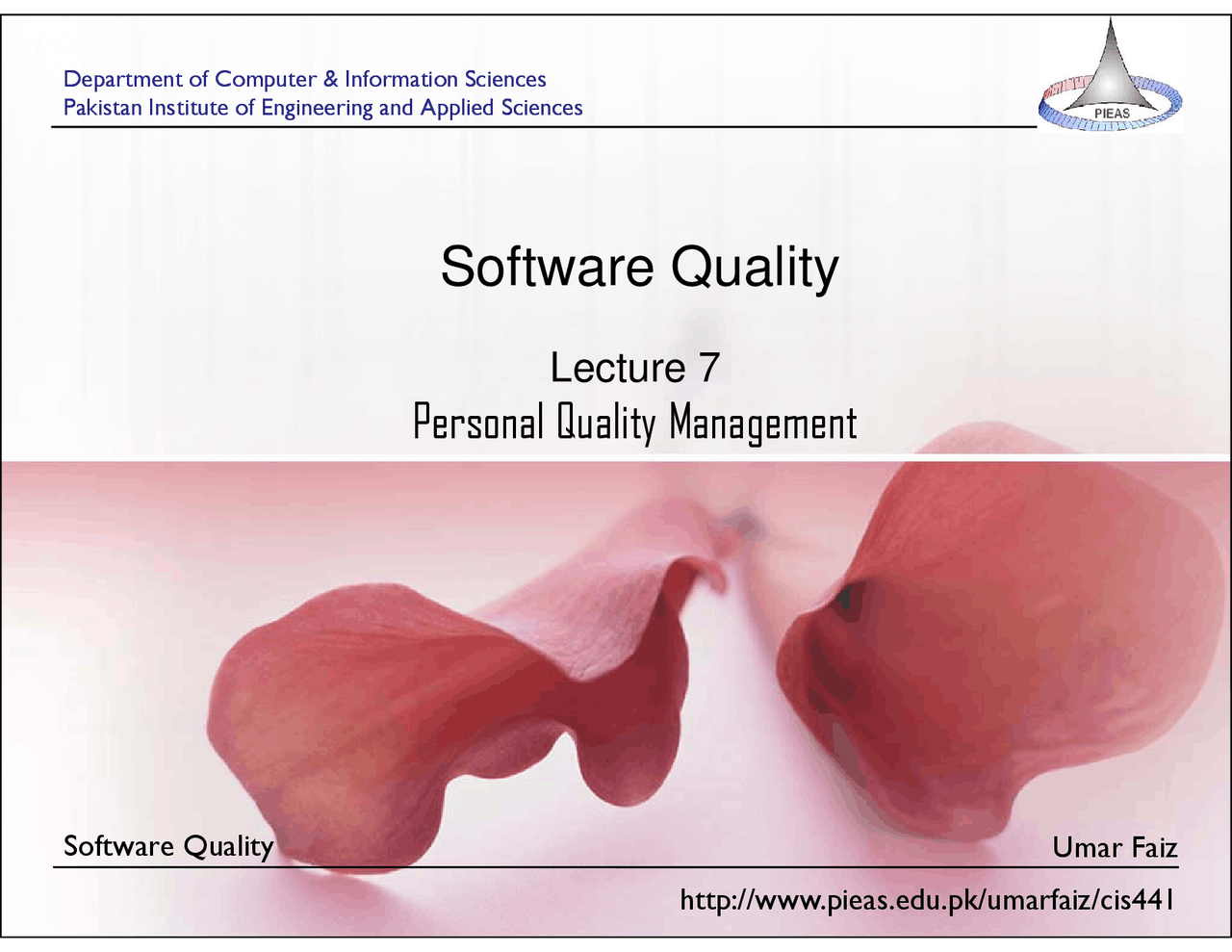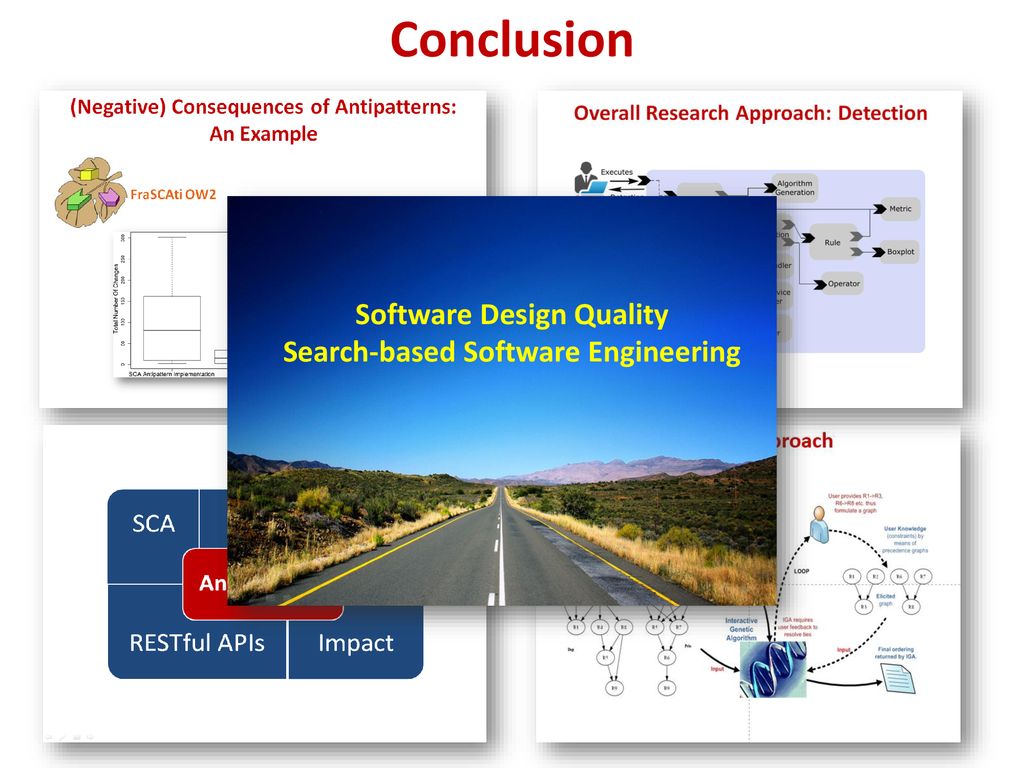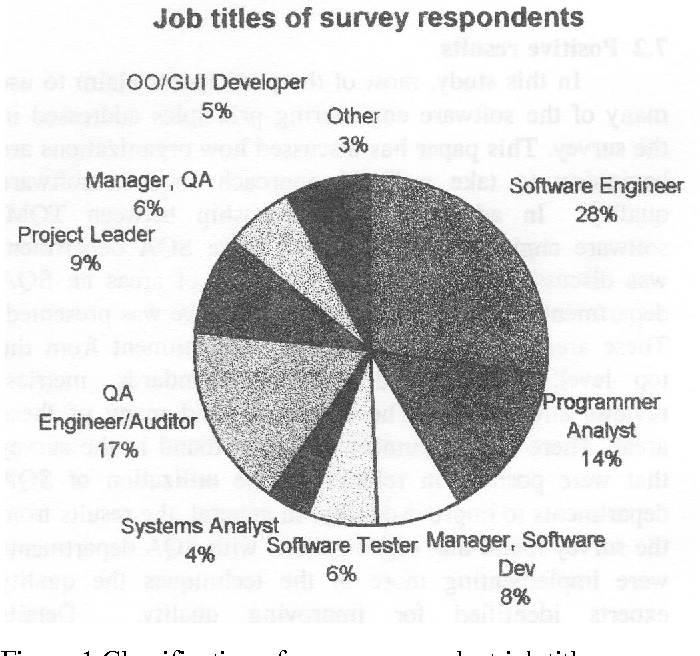With research on software quality university at the forefront, this paragraph opens a window to an amazing start and intrigue, inviting readers to embark on a storytelling journey filled with unexpected twists and insights. Universities play a pivotal role in shaping the future of software quality through groundbreaking research initiatives. From exploring innovative methodologies to addressing industry challenges, this topic delves deep into the world of software quality research within academic settings.
Importance of Research on Software Quality in Universities

Universities play a crucial role in conducting research on software quality due to their access to resources, expertise, and academic freedom. Research conducted in universities contributes significantly to advancements in software development by exploring new techniques, methodologies, and best practices.
Contribution to Advancements in Software Development
Research in universities often focuses on solving complex problems and addressing challenges faced in the software industry. By collaborating with industry partners and utilizing cutting-edge technologies, universities can drive innovation and push the boundaries of what is possible in software development.
Examples of Successful Research Projects
- One successful research project conducted in a university involved the development of a new testing framework that significantly improved the efficiency and accuracy of software testing processes.
- Another notable research project focused on the integration of artificial intelligence and machine learning algorithms to enhance the performance and security of software systems.
- A research study on software maintenance and evolution conducted in a university led to the creation of a novel approach that reduced maintenance costs and minimized software downtime.
Methods Used in Research on Software Quality

Research on software quality in universities involves the use of various methodologies to evaluate and improve the quality of software products. These methods help researchers gain valuable insights into the performance, reliability, and overall effectiveness of software systems.
1. Quantitative Research Methods
Quantitative research methods involve the collection and analysis of numerical data to measure and quantify software quality attributes. This can include surveys, experiments, and statistical analysis to assess factors such as defect density, response time, and reliability.
2. Qualitative Research Methods
Qualitative research methods focus on understanding the subjective experiences and perceptions of software users and developers. Techniques such as interviews, focus groups, and case studies are used to gather rich, in-depth data on software quality issues from different perspectives.
3. Experimental Research Methods, Research on software quality university
Experimental research methods involve the systematic manipulation of variables to study the impact on software quality. Researchers can conduct controlled experiments to test hypotheses and measure the effectiveness of different software development practices or tools in improving quality.
4. Case Study Research
Case study research involves an in-depth analysis of a specific software project or organization to understand the factors influencing software quality. Researchers can examine real-world scenarios to identify best practices, challenges, and lessons learned in software quality management.
5. Comparative Analysis
Comparative analysis methods involve comparing different software systems or development processes to identify strengths, weaknesses, and areas for improvement. By examining similarities and differences, researchers can gain insights into the effectiveness of various approaches in achieving high software quality standards.
6. Surveys and Questionnaires
Surveys and questionnaires are commonly used to gather feedback from software users, developers, and other stakeholders on their perceptions of software quality. These methods provide researchers with valuable insights into user satisfaction, preferences, and areas needing improvement in software products.
Impact of Software Quality Research on Industry: Research On Software Quality University

Research findings on software quality from universities play a crucial role in influencing industry practices and standards. The collaboration between academia and industry is essential in ensuring that software products meet high-quality standards and are able to adapt to the rapidly changing technological landscape.
Influence on Industry Practices
- Research on software quality conducted in universities often leads to the development of new methodologies and best practices that can be adopted by industry professionals.
- Findings from research studies help industry experts identify and address common software quality issues, leading to the improvement of overall product quality.
- Academic research provides industry with insights into emerging technologies and trends, allowing companies to stay competitive and innovative in their software development processes.
Role of Academia-Industry Collaborations
- Collaborations between academia and industry help bridge the gap between theoretical knowledge and practical application, leading to the development of more effective software quality assurance processes.
- Industry professionals often partner with universities to access cutting-edge research and expertise, enabling them to implement state-of-the-art quality control measures in their software development lifecycle.
- Academia-industry collaborations also provide valuable training opportunities for students, who gain real-world experience and skills that are highly sought after by companies in the software industry.
Benefits for Industry
- Industry has benefited from university research on software quality through the implementation of automated testing tools and techniques that improve efficiency and accuracy in software testing processes.
- Research on software quality has led to the development of quality metrics and standards that help industry professionals measure and benchmark the quality of their software products against industry best practices.
- Universities have also played a key role in educating industry professionals on the importance of software quality and promoting a culture of quality assurance within organizations.
Challenges in Conducting Research on Software Quality at Universities
Researching software quality in university settings presents researchers with several challenges that can hinder the progress and effectiveness of their studies. These challenges often stem from the complex nature of software systems and the dynamic environment of academic research.
Lack of Real-world Data
One of the key challenges researchers face is the limited availability of real-world data related to software quality. Most research projects rely on simulated data or small-scale experiments, which may not accurately reflect the challenges faced by software developers in industry settings.
Resource Constraints
Conducting research on software quality requires access to specialized tools, technologies, and expertise. Universities may face resource constraints in terms of funding, infrastructure, and skilled personnel, which can impede the progress of research projects.
Interdisciplinary Collaboration
Software quality research often requires interdisciplinary collaboration between experts in computer science, engineering, statistics, and other fields. Building and maintaining effective collaborations across different departments and research groups can be challenging due to differences in methodologies, terminology, and research priorities.
Evolving Technologies
The rapid pace of technological advancements in the software industry poses a challenge for researchers to keep up with the latest trends and developments. Research projects may become outdated or irrelevant if they do not adapt to the changing landscape of software technologies.
Ethical Considerations
Research on software quality may involve sensitive data, such as proprietary code or user information, which raises ethical concerns related to data privacy and security. Researchers must navigate ethical considerations to ensure that their studies comply with legal and ethical standards.
Conclusion
In conclusion, research on software quality at universities is a dynamic field that not only drives advancements in technology but also fosters collaborations between academia and industry. By overcoming challenges and embracing diverse research methods, universities continue to make significant contributions to the ever-evolving landscape of software quality standards.
